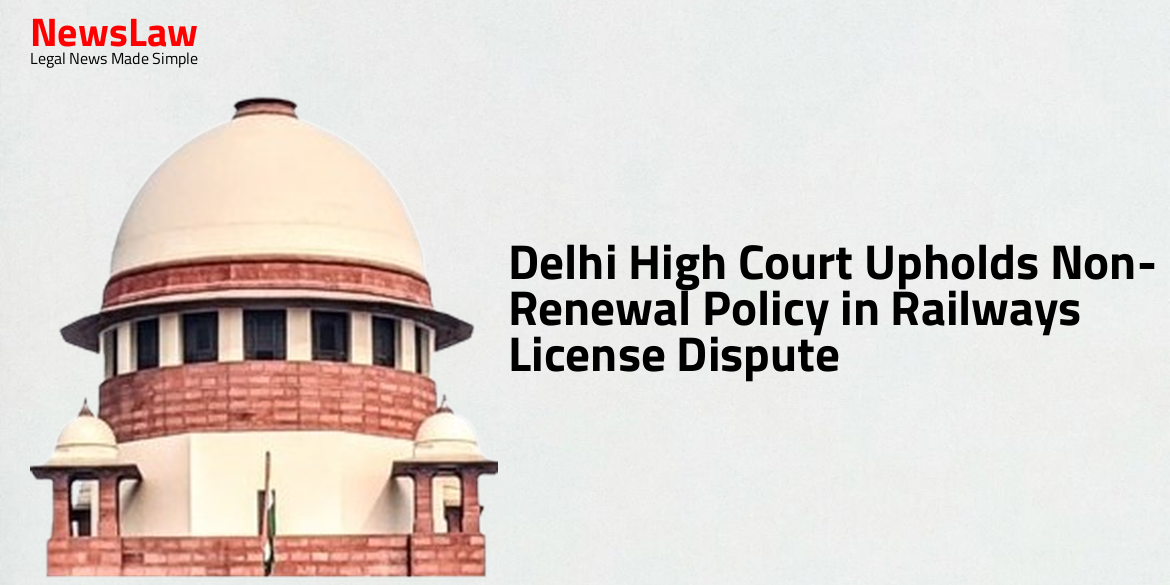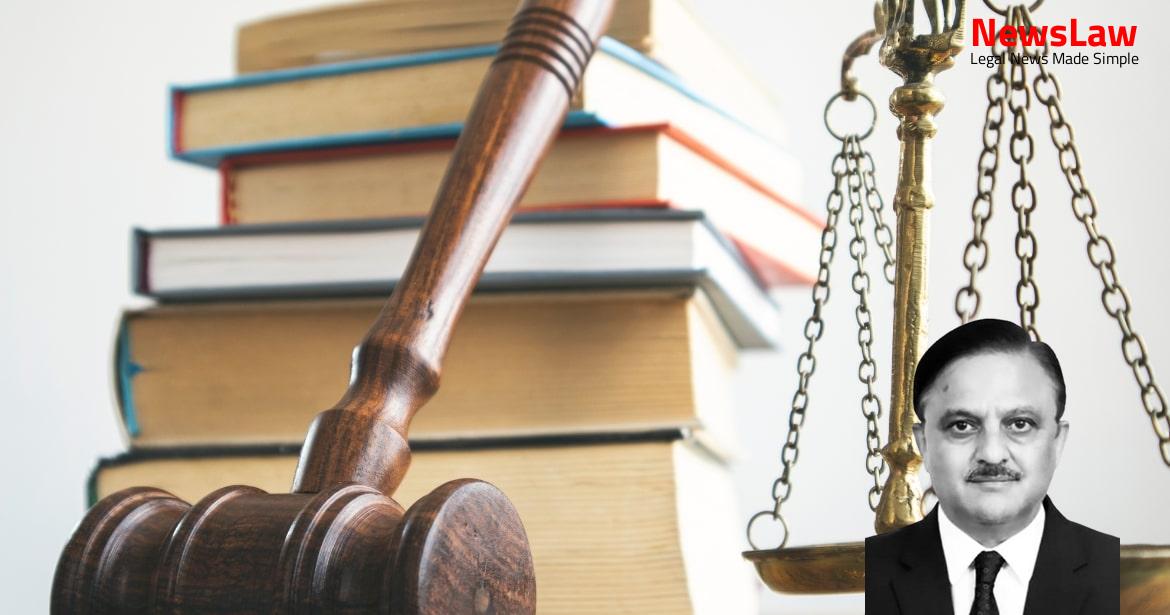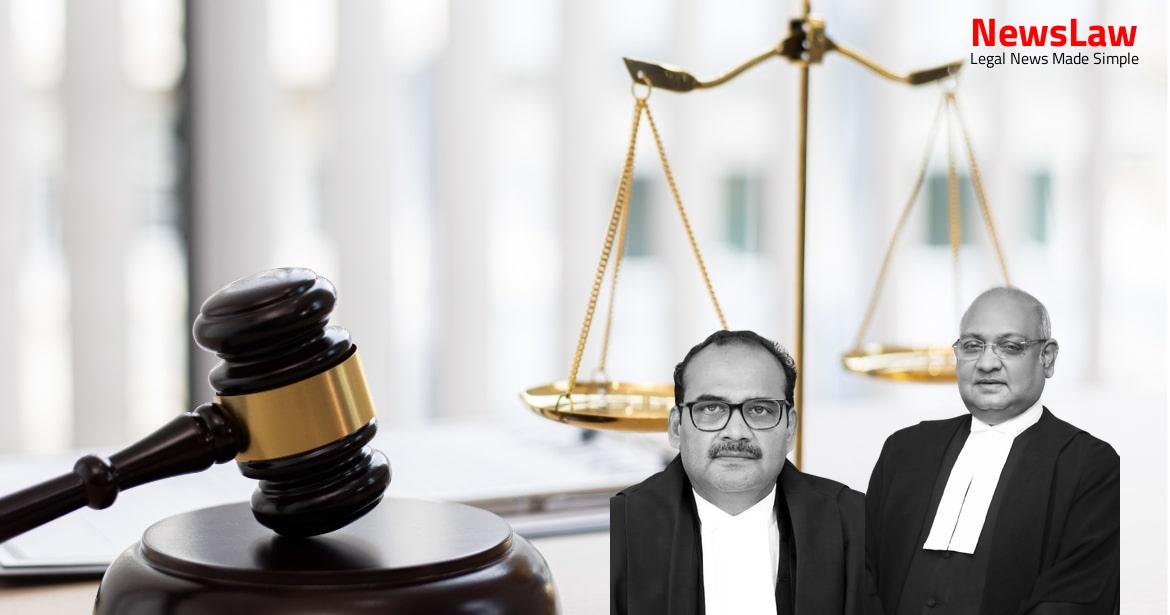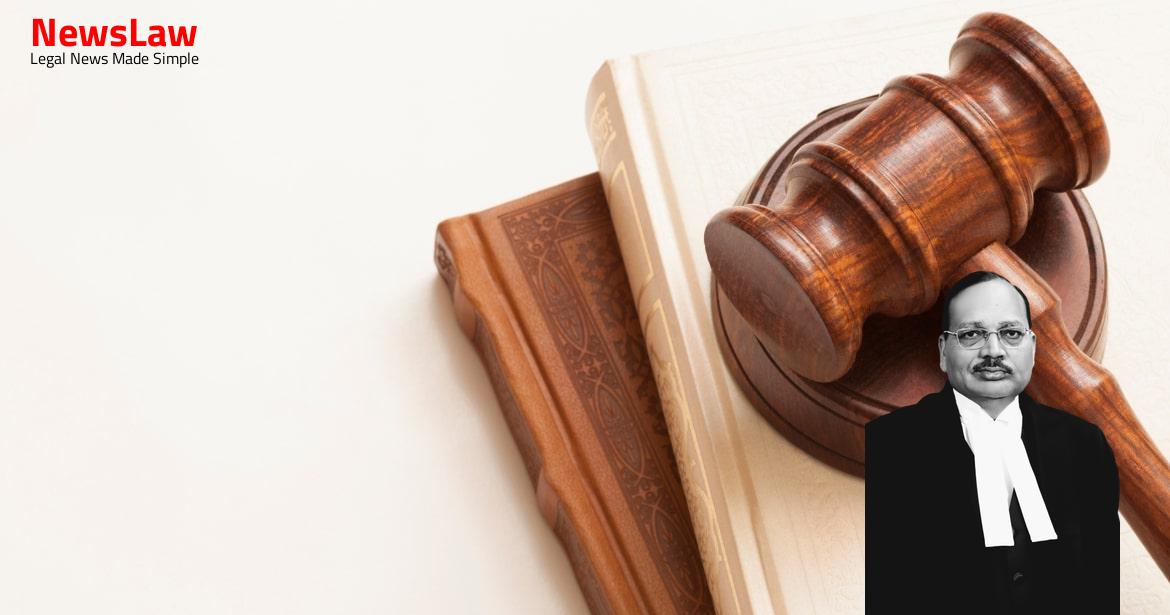In a recent legal case before the Delhi High Court, a dispute arose between the Railways and stall/trolley owners regarding the non-renewal policy for licenses. Petitioner no.1, petitioner no.2, and petitioner no.3, who run multiple MPS units, challenged the 2017 Policy enforced by the Railway. The court’s judgment sheds light on the intricacies of license agreements, legitimate expectations, and the overarching principles of policy decisions in the railway sector.
Facts
- Petitioner no.1 runs three MPS at Bareilly Railway Station.
- Petitioner no.2 runs one MPS at Moradabad Railway Station.
- Petitioner no.3 runs one MPS at Haridwar Railway Station.
- Petitioners were running stalls/trolleys as per Commercial Circular No. 96 of 2007.
- In 2017, Northern Railway enforced conversion of stalls/trolleys to MPS per Commercial Circular No. 61 of 2017 (‘2017 Policy’).
- Petitioners and Northern Railway executed agreements to confirm the license arrangement.
- Tenure of licenses was five years from the date of conversion till 21.12.2022 with no extension or renewal as per Clause 3 of the Master License Agreements.
Arguments
- The petitioners argue that their licenses have expired by the lapse of time and they have no right to demand an extension.
- They claim that the 2017 Policy is legally sound, non-arbitrary, and applies universally to all stall/trolley owners without discrimination.
- They point out a Karnataka High Court judgment that dismissed a similar challenge to the 2017 Policy.
- The petitioners’ licenses are governed by the 2017 Policy which clearly states no renewal or extension of licenses.
- It is argued that the petitioners are now trying to challenge a policy they previously benefited from under the 2017 Policy.
- The petitioners claim that clause 5 of the 2017 Policy violates constitutional rights under Article 14, 19(1)(g), and 21.
- They argue that their licenses should continue under past practices before the 2017 Policy.
- The petitioners contend that they are seeking renewal based on a legitimate expectation and reliance on previous practices.
- They cite a Supreme Court judgment to support their argument for license renewal.
- The petitioners challenge the arbitrariness of the 68-day extension provided by the respondents due to Covid-19.
- They argue that they should also be entitled to an extension proportional to the reduction in license fees post-lockdown.
- The petitioners claim that they converted their stalls under coercion and unequal bargaining positions.
- They argue against the exclusive jurisdiction clause in the license agreements.
- The petitioners emphasize the need for a balance between livelihood rights and equal opportunities under the 2017 Policy.
- The petitioner signed a non-renewable contract for five years, as clearly indicated in the letter of award.
- The petitioner enjoyed the benefits of the contract for the entire duration of five years.
- The petitioner cannot now claim ignorance or attempt to revert to a policy that is no longer in effect.
- The judgment cited by the petitioner pertained to Catering Policy, which is different from the Multipurpose Stall Policy under which the petitioner’s contract falls.
- The petitioner cannot seek to go back to previous policies after reaping the benefits under the existing contract terms.
Analysis
- The petitioners are challenging Clause 5 and 11 of the 2017 Policy which provide for a 5-year tenure for MPS units with no extension or renewal allowed.
- The petitioners argue for the renewal/extension of their licenses despite the explicit terms of the 2017 Policy.
- The court emphasizes that a license does not confer a permanent or perpetual right and can be subject to policy decisions by the railways.
- The petitioners’ contention of having a ‘legitimate expectation’ for renewal lacks merit as per the terms of the 2017 Policy.
- The court asserts that the reservation quotas in allotting MPS units serve to rectify disparities and ensure opportunities for marginalized groups.
- The petitioners’ licenses were extended due to force majeure events like the Covid-19 lockdown, showing flexibility in exceptional circumstances.
- The judgment clarifies that the doctrine of legitimate expectation cannot be claimed as a right by itself but can be invoked when it leads to a violation of constitutional provisions.
- The court upholds the non-renewable nature of licenses under the 2017 Policy and the need for adherence to contractual terms and conditions.
- The court’s jurisdiction to entertain the writ petitions is affirmed based on the location of the authority to whom the writs are to be issued.
- The extension of license periods due to Covid-19 lockdown was implemented based on ground realities and the impact on individual railway stations.
- The specific part of the judgment discusses the arguments and contentions presented by the parties in detail.
- The court examines the relevant laws and precedents to assess the validity of the arguments.
- It provides a comprehensive analysis of the specific issues raised in this part of the case.
- The judgment delves into the factual background and legal aspects related to this particular section of the case.
- The court’s ruling or decision on the matters discussed in this part is elaborated upon.
- Merely granting relaxation in the past does not entitle participants to claim assistance as a right in seeking mandamus for relaxation in the Civil Services Examination policy.
- A writ of Mandamus cannot be issued to direct the enactment of laws or framing of rules.
- The issuance of a Mandamus is for the enforcement of fundamental rights, statutory rights, or fundamental duties related to such rights.
- Breach or threat to breach a fundamental, statutory, or enforceable equitable right is necessary for the issuance of a writ of Mandamus.
- The courts have the jurisdiction to declare a law as unconstitutional.
- Judicial review of a policy decision differs from issuing a mandamus to frame policy in a specific manner.
- Legitimate expectation does not always entitle the expectant to relief, as public interest or policy changes may negate it.
- No public body has arbitrary powers to decline license renewal unless supported by compelling reasons.
- Courts interpret laws involving a creative process and verify the rational purpose behind policy decisions.
- Individual license agreements and the 2017 Policy contain an arbitration clause for grievances related to insufficient extension due to Covid-19 or claims for damages.
- Petitioners can invoke the arbitration clause and initiate appropriate proceedings if they feel aggrieved.
Decision
- Existing bookstalls, tables, misc. stalls, chemist stalls may convert to MPS by paying the license fee of similarly placed MPS units
- No new allotments or extensions will be done for existing stalls, conversion to MPS is allowed as per the policy
- Existing licensees have two options: convert to MPS for a 5-year tenure or continue till the expiry of the current agreement
- The Multi-Purpose Stall policy supersedes previous policies and is effective immediately
- Petitioners opted for converting their stalls to MPS under the 2017 Policy
- A period of 3 months granted for petitioners to vacate stalls after conversion to MPS
- Renewal of License: Petitioners have requested conversion of their miscellaneous stalls to MPS
- Court dismisses petitions but keeps rights and remedies of petitioners open
- All pending applications are disposed of
- Court deems petitions maintainable and will adjudicate on merits
Case Title: THE NORTHERN RAILWAY BOOK STALL WORKERS VENDORS COOPERATIVE SALE AND SUPPLY SOCIETY LIMITED RAILWAY STATION LUDHIANA Vs. UNION OF INDIA AND ORS & ORS. (2024:DHC:4452)
Case Number: W.P.(C)-11888/2023



